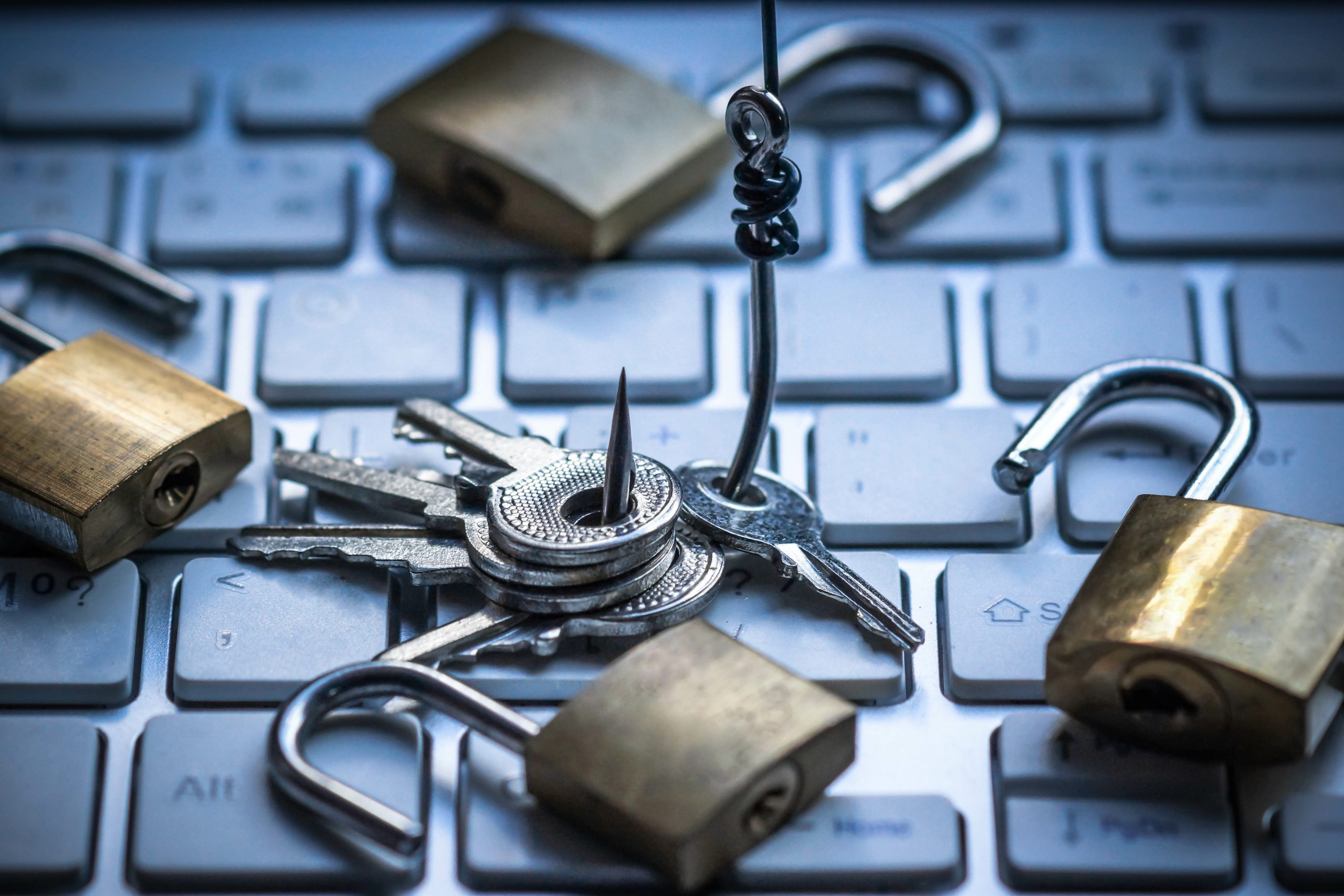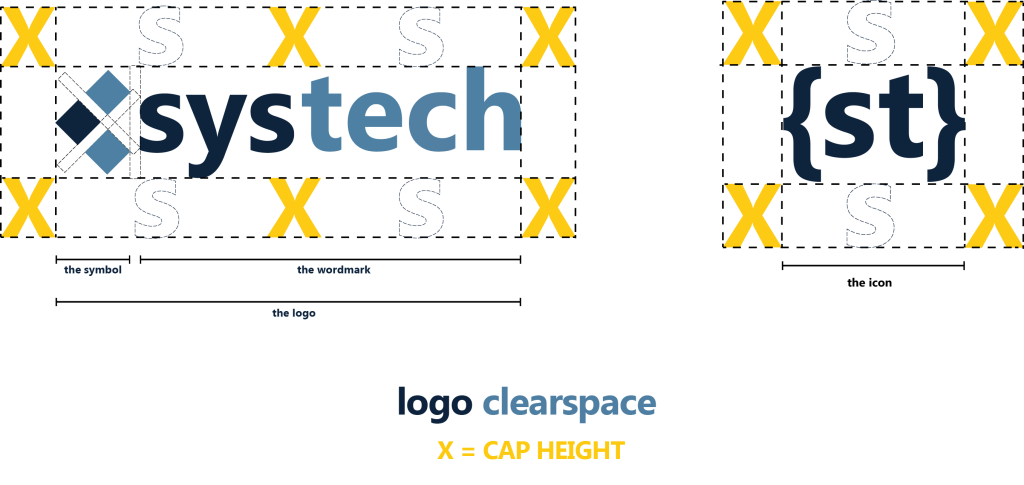- February 4, 2019
- Systech Consulting
Info & Best Practices
Social Engineering is the act of manipulating an individual into divulging confidential information or offering unintended access. Individuals attempt to take advantage of a victims tendencies, utilizing psychological manipulation and various other techniques often leading to a victim providing data, infecting computers with malware or opening links to infected sites.
Both businesses and consumers lose billions of dollars every year to Social Engineering attacks.
At Systech Consulting, the security of our clients is very important. We go to great lengths to protect our client’s data and information, utilizing state of the art technologies to ensure that backups are encrypted and safely stored, that systems have the latest anti-virus updates and patches, and that client firewalls and intrusion prevention systems are always at work in protecting their infrastructure.
However, even with the best infrastructure in place human error is still a huge vulnerability – one that technology is unable to protect you against. Users need to take action to ensure their security and the companies they work for. The team at Systech Consulting has a training program in place to assist with providing the knowledge that employees and employers need to mitigate their exposure to Social Engineering. Topics include password management, social media, online accounts, device security and physical security. If you would like to learn more about how Systech Consulting can assist you please reach out to us for a free consultation.
In the meantime here are some best practices that you should know:
PASSWORDS
- Use strong and unique passwords for your accounts.
- Never let your web browser store your login information.
- Use two factor authentication whenever possible.
- Do not write password down.
- Change your passwords frequently.
- NEVER share your passwords, EVER.
SOCIAL MEDIA
- Limit your social media sharing.
- Monitor and Manage your family’s privacy settings.
- Manage and understand the third-party applications that have access to your social media accounts.
- Use common sense when sharing. Once you have shared something it is out there forever.
UNSOLICITED COMMUNICATIONS
- Do not give out personal information over email or phone.
- Only provide information to trusted, confirmed, and known sources.
- Beware of unsolicited communication from people communicating on behalf of an account you hold. You can always hang up and call a known customer service number for that account.
- Always verify who you are communicating with. Most organizations will NEVER communicate with you and ask for and personal information
ONLINE ACCOUNTS
- Close unused online accounts.
- Only make purchases from network connections you trust.( Be wary of free Wi-Fi. )
- Use something only you would know for security questions. Never share this information.
- Avoid adding your banking information to your accounts.
Don’t Stop Here
More To Explore

Transforming Customer Service: How Generative AI is Driving Strategic Value for Businesses
Read More »



